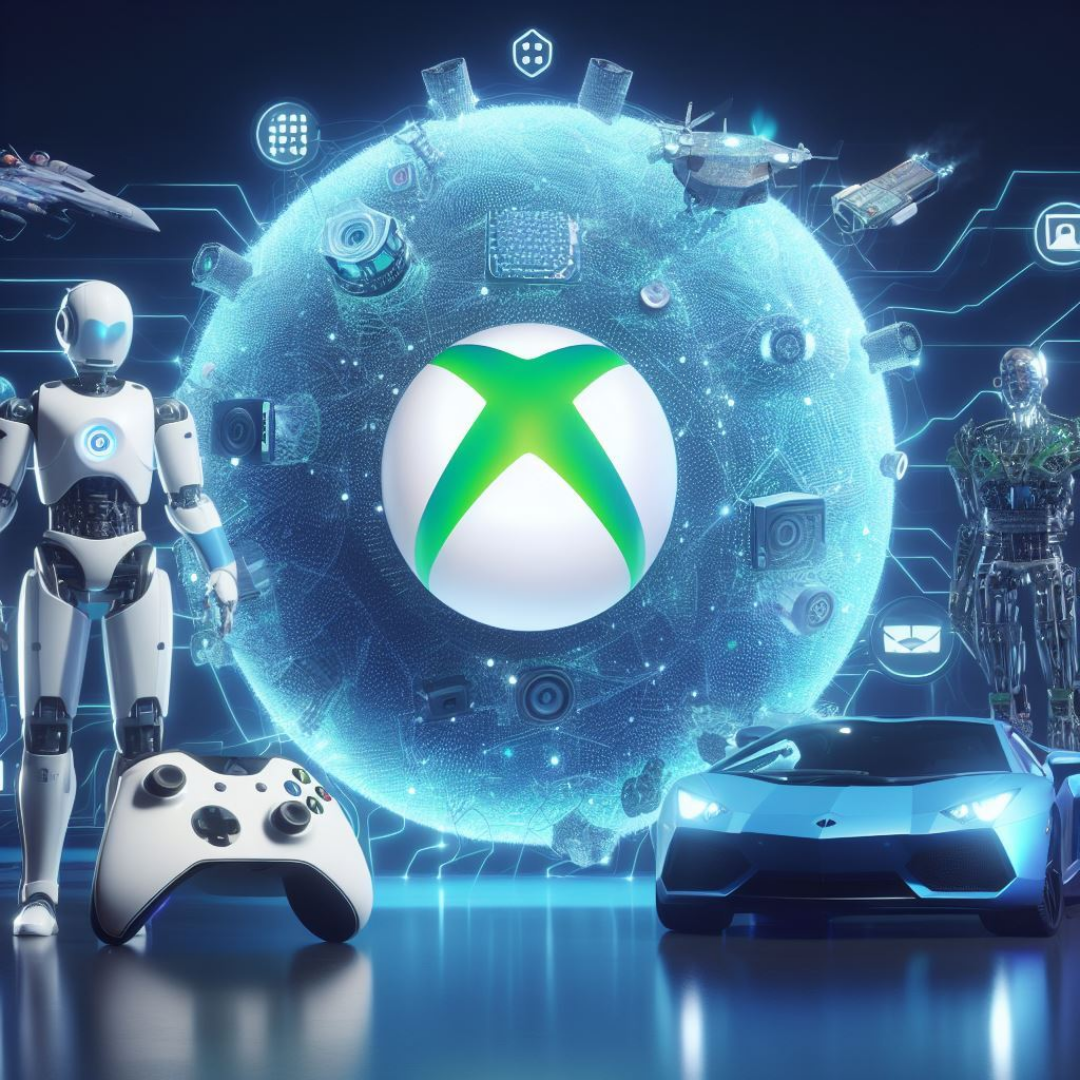The collaboration will introduce an “AI design copilot” system, empowering Xbox developers to craft intricate scripts, dialogue trees, quest lines, and more.

Microsoft and Inworld AI are partnering to revolutionize Xbox game development with advanced AI tools, aiming to create dynamic characters, immersive narratives, and engaging quests over a multiyear period.
Haiyan Zhang, General Manager of Gaming AI at Xbox, highlights the potential of these advanced tools, stating, “At Xbox, we believe that with better tools, creators can make even more extraordinary games.” The partnership will integrate Inworld’s expertise in generative AI models for character development with Microsoft’s state-of-the-art cloud-based AI solutions, including Azure OpenAI Service. It will also draw on technical insights from Microsoft Research to shape the future of gaming.
The collaboration will introduce an “AI design copilot” system, empowering Xbox developers to craft intricate scripts, dialogue trees, quest lines, and more. This copilot system is poised to be a game-changer, enhancing the efficiency and creativity of the development process.
The AI toolset, designed to be compatible across multiple platforms, will encompass the AI design copilot for scripting and dialogue, as well as an AI character engine that can seamlessly integrate into games. This engine will dynamically generate stories, quests, and dialogue, enriching the player’s gaming experience.
Inworld AI has been at the forefront of developing AI Non-Player Characters (NPCs) that respond to player queries, akin to the interaction with models like ChatGPT or Bing Chat.
These AI NPCs possess distinct voices and can navigate complex dialogue trees, enabling personalized dynamic storylines within games. Additionally, Inworld’s technology lends itself to narration, allowing companions in top-down role-playing games to provide warnings about approaching groups of enemies or players.
Ilya Gelfenbeyn, CEO of Inworld AI, emphasizes the transformative potential of AI in gaming, noting, “AI has long been an integral part of game development, with applications ranging from enemy AI to procedural generation. The emergence of large language models and generative AI has unlocked new opportunities for storytelling and character engagement within games.”
Microsoft is adopting an optional approach, allowing game developers to determine the extent of generative AI integration in their future titles. This approach is in line with the company’s commitment to empowering developers while respecting their creative autonomy. Embark Studios, the developer of The Finals, recently defended its use of AI-generated voices, emphasizing that “making games without actors isn’t an end goal.”
The adoption of generative AI in creative fields like game design and voice acting has been met with controversy, as evidenced by the recent vote by the SAG-AFTRA actors union to authorize a potential strike for video game performers.
Ray Rodriguez, Chief Contracts Officer at SAG-AFTRA, highlights the shared challenges faced by professionals in the gaming industry and the film and television sectors.
Microsoft aims to position its tools as collaborative aids, similar to its Copilot system for Microsoft 365 and Windows.
Zhang asserts, “We want to help make it easier for developers to realize their visions, try new things, push the boundaries of gaming today, and experiment to improve gameplay, player connection, and more.” The company envisions a future of innovation and creativity, with collaborations spanning Xbox studios and third-party developers, fostering new possibilities for upcoming games.